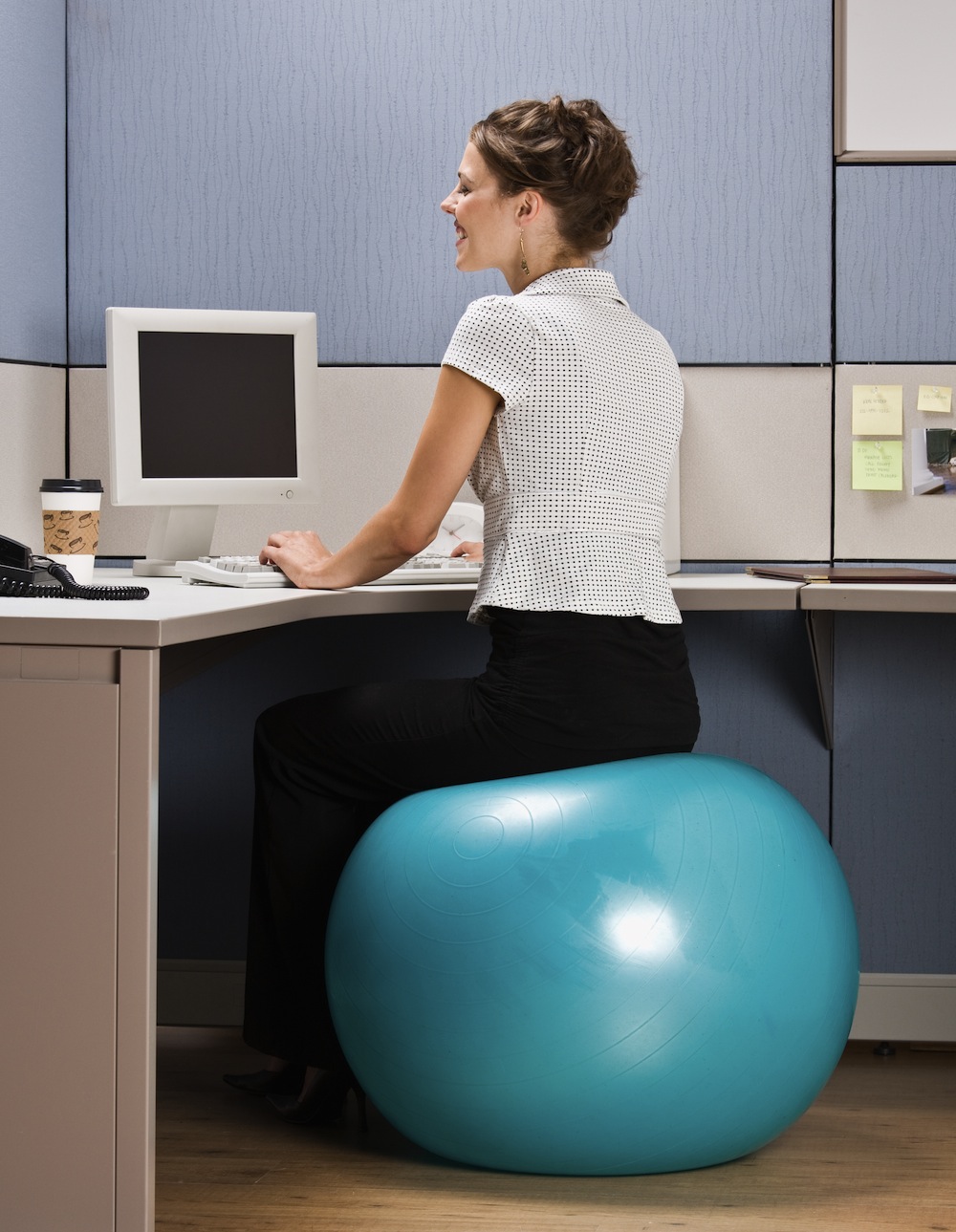Bored Office Workers Turn to Chocolate, Coffee & Booze

If you're reading this because you are bored at work, you are probably also munching on some chocolates and guzzling coffee, new research suggests. That after-work brew doesn't sound too bad either, does it?
New research on a small sample of office workers indicates that when bored at the office we look to munchies and caffeinated beverages to perk us up. Bored workers are also more likely to hit a bar once they punch the clock, said study researcher Sandi Mann, of the University of Central Lancashire in the United Kingdom.
"We found that it's a mix between the demands of the job and the person's personality that contributes to if you are going to be bored or not," Mann said.
Bored on the job
The study included 102 office workers in the United Kingdom who completed questionnaires about their working habits. The questionnaire asked the workers to rate the level of boredom on a 5-point scale from "never bored" to "bored most of the time" at their current job.
About 25 percent indicated they were bored most of the time; the researchers said those individuals suffered from chronic boredom on the job that resulted in more stress, more absences and a desire to leave their current job. The chronically bored may also turn to risk-taking in the office to stimulate themselves.
"At work people vandalize, steal, and sabotage just because they are bored and looking for extra stimulation," Mann said.
Get the world’s most fascinating discoveries delivered straight to your inbox.
Boredom also affects work quality. Almost 80 percent of respondents felt that being bored at work makes them lose concentration, and more than 50 percent felt it led them to make mistakes. Almost half of the respondents felt that workplace boredom might lead them to leave their current job, a number that jumps to nearly 80 percent when looking at the bored group on its own.
"The most significant cause of office boredom is an undemanding workload," Mann said in a statement. Other sources included uninteresting work and repetitive tasks. "Managers should look at ways of reducing sources of workplace boredom and at encouraging healthier ways of coping."
Unhealthy office
Many of the respondents also noted that they were more likely to drink after a boring day at work, Mann said: "About a third turn to alcohol at the end of a boring day, which is pretty high. We don’t know how much or if it's excessive," she told LiveScience in a telephone interview. "It's just they would be more likely to drink at the end of a boring day than at the end of a non-boring day."
While once in a while a chocolate can be a good thing, frequent snacking during long and boring workdays could cause office-related health problems like obesity.
To avoid this, Mann recommends employers take steps to reduce employee boredom and encourage healthy eating: "Reducing the sources of boredom could involve enrichment programs such as job rotation, multi-skilling and empowerment," Mann said. "Encouraging healthier ways of coping could include education or providing healthy snacks and drinks in canteens [cafeteria]."
Mann presented her study during a poster session today (Jan. 12) at the Annual Conference of the British Psychological Society’s Division of Occupational Psychology.
You can follow LiveScience staff writer Jennifer Welsh on Twitter @microbelover. Follow LiveScience for the latest in science news and discoveries on Twitter @livescience and on Facebook.
Jennifer Welsh is a Connecticut-based science writer and editor and a regular contributor to Live Science. She also has several years of bench work in cancer research and anti-viral drug discovery under her belt. She has previously written for Science News, VerywellHealth, The Scientist, Discover Magazine, WIRED Science, and Business Insider.



